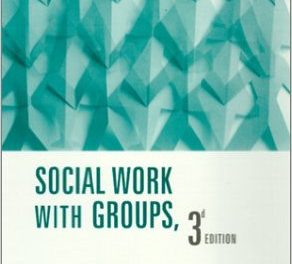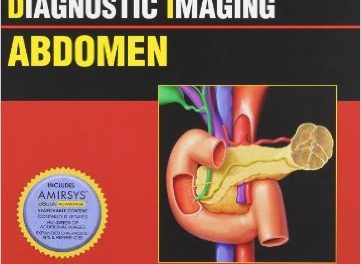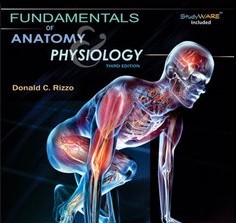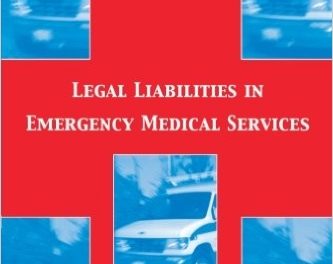Author: Joyce Lain Kennedy
Publisher: – Wiley Publishing – 318 pages
Book Review by: Nano Khilnani
This guide to having a great job interview contains advice that is more useful than that found in other career-related books. The pointers on “delivering a winning interview” are not only practical but reflective of the collective experience that Joyce Lain Kennedy has gained from her many years in this field, including being a syndicated careers columnist. She has a wealth of knowledge and great insight on this subject, a lot of which is found in the seven books she has written on this subject.
If you’re in the job marketplace and preparing for an interview, you may have done some research on your prospective employer, have some ideas on how to dress and look, and what to say when asked certain questions.
You may also plan to “be yourself” when interviewed, and you may have answers to questions that you guess may be asked, but are not sure. But such assumptions as being yourself and guessing what you will be asked are likely to backfire and lead to poor performance at the interview and result in a dud – no call from the interviewer for a second meeting.
In this detailed book of 25 chapters that covers numerous aspects of the before, during, and after-interview process, you will discover 18 interview formats and how to be adequately prepared for each. You’re probably aware of just a few formats. Better get prepared for something you did not anticipate.
If you want to underscore your qualifications and point out some of your positive qualities that could be a bonus to the company that has a job you’re seeking, there are questions you can ask at the interview. And your answers could make you look good.
Find out what are some of those questions you could ask.
There is also a 20-page section at the back of the book containing sample questions and answers relating to various professions and occupations and the jobs in those fields.
For example, if you’re applying for the job of aircraft co-pilot and you are asked this question: “You find your captain drinking before a flight. How will you handle this?”
Be prepared with your answer to that one.
Or a question for an applicant to a financial analyst position: “What are the headlines in today’s Wall Street Journal?” Be sure to get a copy of that newspaper and read it the day before your interview.
Let’s say the company wants to see your performance and offers to try you out for three months at a given salary that seems much lower than you anticipated. What should you do – take it anyway and negotiate for a higher one when your boss offers you a permanent position, or negotiate for a salary then and there with the three-month offer?
Would it not be fantastic to prepare for your interview with sample dialogues? This book, unlike others I have read, offers that, too.
It is organized like the format and wording of a theatrical presentation, with five parts:
Part 1: And the Interview Winner Is: You! – puts you in a frame of mind that job interviews are show biz. Find out how to pass your screen test or first interview, including an interview by video, a format used more frequently these days. And in today’s highly competitive global economy, learn to be interviewed for a job in another country: a good idea since jobs have become scarce in the United States. If successful, you can experience how life is like in another country.
Part 2: Backstage Researching and Rehearsing: Learn more online about the company you’re interviewing at, if it is a public firm. Take a personality test to see if you’re a right fit for the job. Find out how to dress for the interview and “rehearse” for it. Do you know how to close the interview so the door is left open for you? Discover how.
Part 3: Actor’s Studio: Casting Your Character: How do you deal with an interviewer who is much older than you and is not Internet-savvy like you, especially if you’re a young college graduate who is hooked up with all the latest electronic gadgets. Here you also learn how to sell yourself if you’re switching careers, or you if you are now advanced in your years and back in the job market in this tough economy.
Part 4: Lights, Camera, Talk: Answering Questions. You learn what to focus on and what to avoid when you’re asked questions such as: what can you tell me about yourself, what do you know about this company and this job, how are you different from other applicants in terms of your education, work experience and skills.
Part 5: The Part of Tens: This part has three sets of tens – ten tips, ten questions and tens of lines to give you ideas to make you shine in an interview. You get ten tips on how to avoid “rotten” reviews, ten tricky questions to watch out for and how to respond, and tens of lines (over 40) on how to display your brilliance, intelligence, wit, and whatever else you have to set yourself apart from other interviewees and get you the job offer.
This book is packed with so much information in over 300 pages. To derive a lot of value from it, I suggest you read one or several chapters at a time that are most important to you, and return back to others on aspects of the job interview preparation process in which you think are weak, and need to strengthen yourself.
It does not make sense to read this entire book in one sitting. Browse it and mark (or make mental note of) those chapters you want more information on. Use it as a reference work, a book of advice and a guide. A lot of work has gone into it by Joyce Lain Kennedy. She has done a marvelously comprehensive job on it so you may benefit tremendously from it. Our kudos to her.






